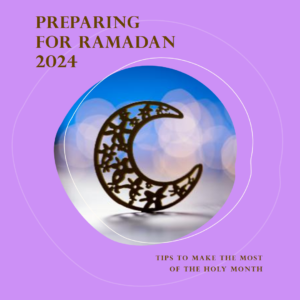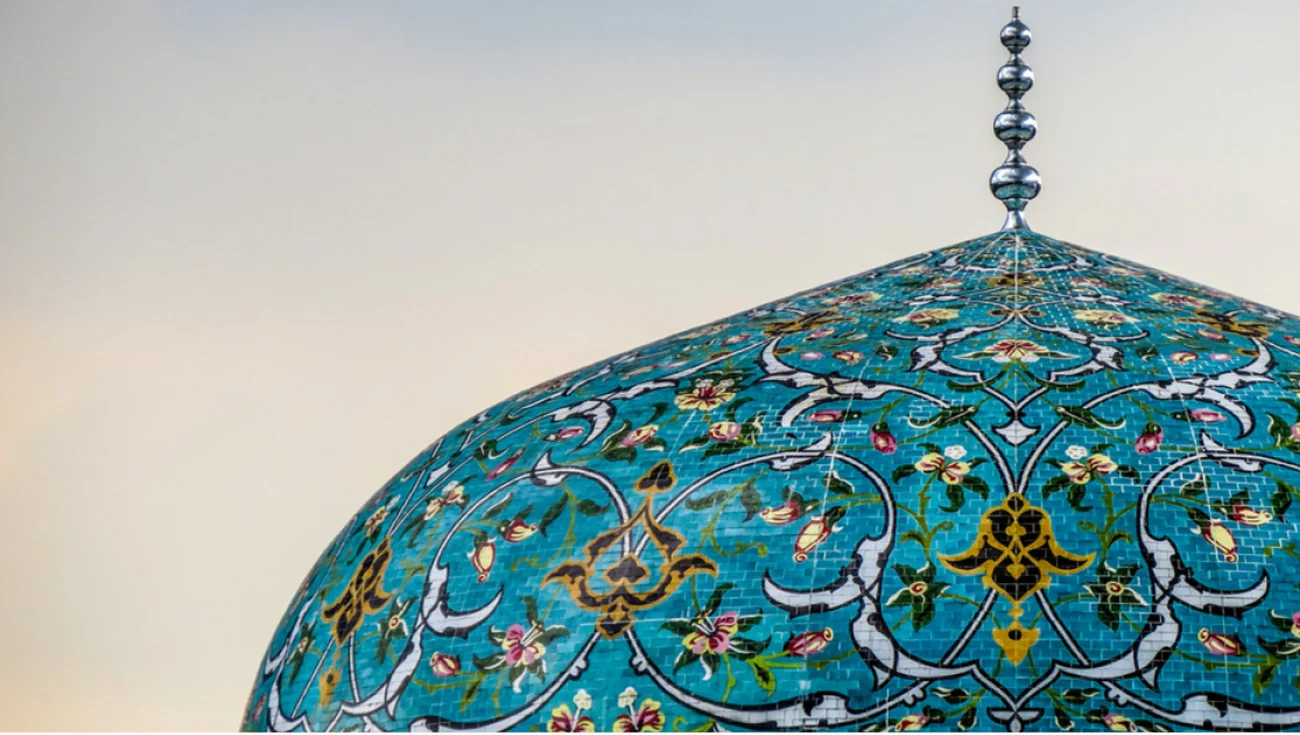As the sacred month of Ramadan approaches in 2024, many of us look forward to this time of reflection, devotion, and community. Whether you are observing Ramadan for the first time or seeking to deepen your existing practices, this guide offers insights and tips to help you embrace the full significance of this holy month.
Understanding the Significance of Ramadan
Ramadan, the ninth month of the Islamic calendar, holds immense spiritual and historical significance for Muslims worldwide. It commemorates the month when the Quran was first revealed to Prophet Muhammad, marking a period of fasting, introspection, and prayer. Understanding the rich history and spiritual importance of Ramadan can profoundly impact how we observe these days.
Muslims worldwide prepare themselves to welcome their holy month of the year, the month of Ramadan.
“O believers! Fasting is prescribed for you—as it was for those before you1—so perhaps you will become mindful ˹of Allah˺.” Al-Baqarah – Verse 183.
Through Ramadan, Muslims focus on gaining the mercy and forgiveness of Allah SWT. They focus on doing all acts of worship at the best level they can to please Allah the Greatest;
- Fasting and Generosity.
- Recitation and studying the Quran.
- Doing good deeds to one another.
- Devoting all acts of worship to Allah Almighty.
- Sacrificing their needs and desires for the sake of Allah the Most Merciful.
Preparing for Ramadan
Preparation for Ramadan is both a physical and spiritual journey. Physically, it’s about adjusting your daily routine to accommodate the fasts, ensuring a balanced diet during Suhoor and Iftar, and maintaining good health. Spiritually, it involves purifying one’s heart and mind, increasing devotion through prayer and reading the Quran, and setting personal goals for self-improvement.
Fast regularly
One of the most helpful ways to prepare for Ramadan is to increase the amount we fast leading up to the holiest month.
It was narrated from Abu Hurairah that the Prophet used to fast on Mondays and Thursdays.
It was said:
Oh Messenger of Allah, why do you fast on Mondays and Thursdays?
He said:
On Mondays and Thursdays, Allah forgives every Muslim except two who have forsaken one another. Leave these two until they reconcile.
Make a habit to give
Ramadan is known for many of its aspects, but perhaps the most popular deeds it’s known for are fasting and giving to charity. Ramadan is a natural time for giving both zakat and sadaqah. Contrary to common belief, zakat is not necessarily due in Ramadan. When zakat is due depends on a variety of factors, including when a person has accumulated enough to warrant paying it.
Recite the Holy Quran
It takes discipline to read the entire Quran in general, but especially in Ramadan. For those who can read it in Arabic but struggle to, consider trying to finish an entire read-through of the Quran in one of the months before it, or even over the course of two months. This will help re-familiarize you with each surah and limit how much you stumble.
It’s also a good time to focus on understanding the Quran, whether Arabic is your primary language or not. There are so many layers of depth and meaning in the Quran’s verses that studying them all can be a lifelong quest.
Perform Nightly Prayers
Tahajjud is an Arabic word derived from “h-j-d”, which means to remain awake at night. Therefore, it is also known as the night prayer. As one has to perform Tahajjud in between the Isha and Fajr prayer, one has to wake up at night for the prayer. The prayer is highly rewarding due to its mentions in the Quran and by the Prophet (PBUH).
Also known as the ‘night prayer’, the Tahajjud prayer is not considered to be obligatory. However, there is a great significance and several blessings associated with Tahajjud. Believed to be the most virtuous amongst the Nafl prayers, the Qiyam-u-lail is considered to be a part of the Sunnah of Prophet Muhammad (PBUH).
“And from [part of] the night, pray with it as additional [worship] for you; it is expected that your Lord will resurrect you to a praised station.” (Quran, 17:79)
This will also help you prepare for Taraweeh.
Healthy Practices
Maintaining your health before, during, and after Ramadan is crucial. It involves consuming nutrient-rich foods during Suhoor and Iftar, staying hydrated, and avoiding overeating. Light exercise, such as walking, can be beneficial. It’s also important to listen to your body and consult a healthcare professional if you have any health concerns.
Conclusion
Ramadan 2024 presents an opportunity for spiritual growth, community building, and personal reflection. By understanding its significance, preparing adequately, and engaging in its practices healthily and wholeheartedly, we can all make the most of this blessed month.



